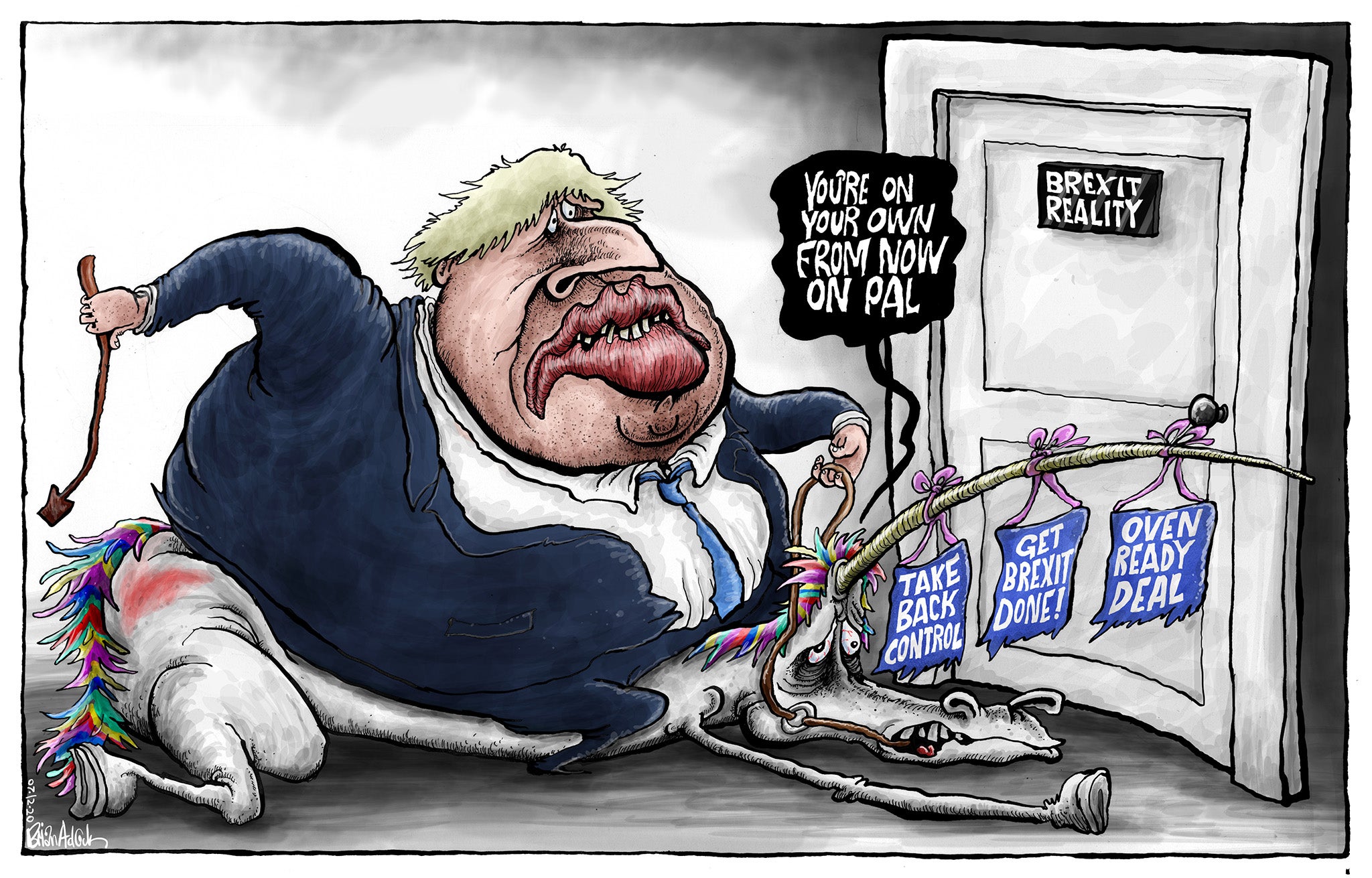The outcome of negotiations over the future trade relationship between the European Union and the UK will be determined in the next few days. As we argued here yesterday, it will be a terrible failure of statecraft if no agreement is reached. It is powerfully in the self-interest of both sides to find a settlement, and the economic consequences of not doing so would be grave indeed.
The discussions are about trade, and the direct consequences will be on the economy. Behind these economic issues, however, are the wider ones of how the UK and its neighbours on the continent will deal with each other in social, political and human terms. Whatever the outcome now, many British citizens will continue to live and work in EU countries, and visit for business or pleasure, contributing to their host nations.
By the same token, millions of European citizens will continue to live and work in the UK, playing their part in British society. They will continue to be welcomed, both as residents and as visitors.
Yet there will be many negative consequences at a practical level for millions of citizens on both sides of this new political divide. For example, from a British perspective, there are the restrictions on the amount of time UK residents with holiday homes on the continent will be able to spend there: three months in any six-month period. Some banks have withdrawn their services for people who have chosen to retire there and who do not retain a base in the UK. Britons wanting to bring their cars across the Channel for a holiday may need a so-called green card, or international certificate of insurance, to prove that their vehicle is covered. There will be problems with pets. There will be customs. There will be a need for health insurance. In all sorts of ways, the bureaucratic restrictions that used to apply to international travel a generation and more ago are returning.
For Europeans in the UK, similar obstacles loom. These include the need for people who have lived in Britain for many years to apply for settled status. While those with settled status will be able to access the NHS, new visitors (and new residents) will have to have their own insurance for healthcare. And so on.
There are some who would argue that Britons who will have to restrict the time they spend in their homes on the French Riviera should not attract too much sympathy. Others would ask why a German banker newly posted to London should be treated any differently from an American one. The practical point, though, is that whatever the politicians decide, ordinary people will have to get on with their lives as best they can. There will inevitably be more bureaucracy that will form barriers between the UK and the EU. But bureaucracy does not hurt the bureaucrats. There is a danger that whatever happens in the coming days, pettifogging restrictions will lead to a souring of the relationship between the UK and Europe that will last a generation or more.
Whatever view you take on the issue of Brexit itself – and this newspaper has been consistent in its view that it has been a grave error – we must not allow current political dissonance to sour the long-term relationship between UK and European citizens. Trade will continue whatever happens. We will continue to travel. Many will continue to work in each others’ countries.
So in both our working and personal lives, we have to rise above the politics and the squabbles of the day. Rebuilding trust will be a long and sometimes dispiriting slog, but we have no choice other than to set out on that journey. Fish may matter, but the peoples of the UK and the EU matter more.




Join our commenting forum
Join thought-provoking conversations, follow other Independent readers and see their replies
Comments